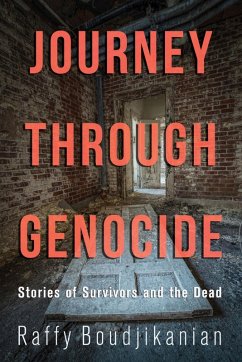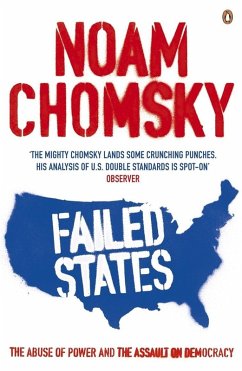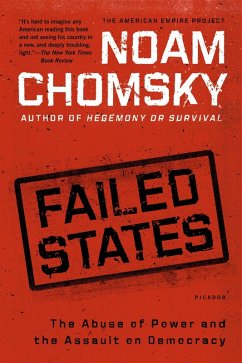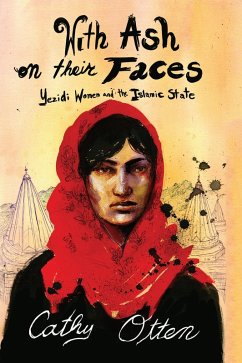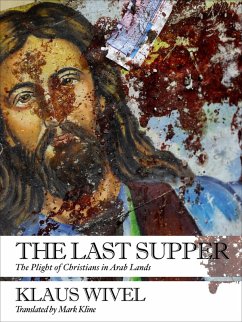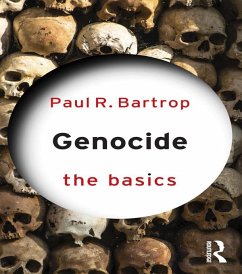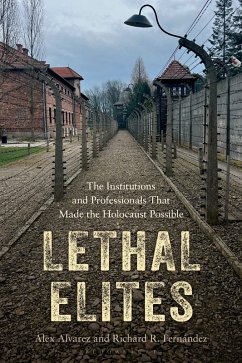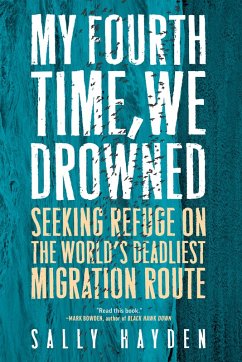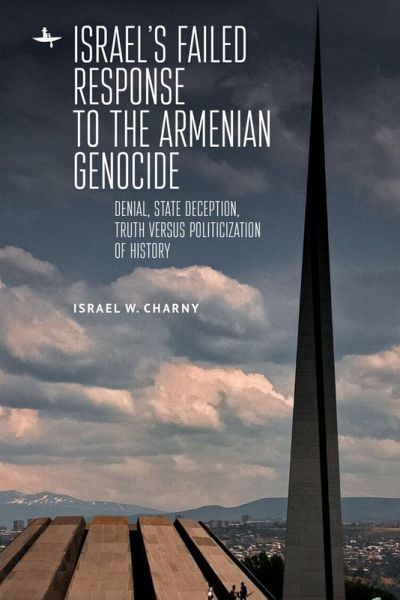
Israel's Failed Response to the Armenian Genocide (eBook, ePUB)
Denial, State Deception, Truth versus Politicization of History
Versandkostenfrei!
Sofort per Download lieferbar
19,95 €
inkl. MwSt.
Weitere Ausgaben:

PAYBACK Punkte
10 °P sammeln!
When the Turkish government demanded the cancellation of all lectures on the Armenian Genocide at Israel's First International Conference on the Holocaust and Genocide, and that Armenian lecturers not be allowed to participate, the Israeli government followed suit. This book follows the author's gutsy campaign against his government and his quest to successfully hold the conference in the face of censorship. A political whodunit based on previously secret Israel Foreign Ministry cables, this book investigates Israel's overall tragically unjust relationship to genocides of other peoples.The boo...
When the Turkish government demanded the cancellation of all lectures on the Armenian Genocide at Israel's First International Conference on the Holocaust and Genocide, and that Armenian lecturers not be allowed to participate, the Israeli government followed suit. This book follows the author's gutsy campaign against his government and his quest to successfully hold the conference in the face of censorship. A political whodunit based on previously secret Israel Foreign Ministry cables, this book investigates Israel's overall tragically unjust relationship to genocides of other peoples.
The book also closely examines the figures of Elie Wiesel and Shimon Peres in their interference with the recognition of other peoples' genocidal tragedies, particularly the Armenian Genocide. Additional chapters by three prominent leaders-a fearless Turk who has paid a huge price in Turkish jails (Ragip Zarakolu), a renowned Armenian American who was one of the earliest writers on the Armenian Genocide (Richard Hovannisian); and a Jew, who was responsible for the selection of all the materials in the pathbreaking U.S. Holocaust Museum in Washington (Michael Berenbaum)-provide added perspectives.
The book also closely examines the figures of Elie Wiesel and Shimon Peres in their interference with the recognition of other peoples' genocidal tragedies, particularly the Armenian Genocide. Additional chapters by three prominent leaders-a fearless Turk who has paid a huge price in Turkish jails (Ragip Zarakolu), a renowned Armenian American who was one of the earliest writers on the Armenian Genocide (Richard Hovannisian); and a Jew, who was responsible for the selection of all the materials in the pathbreaking U.S. Holocaust Museum in Washington (Michael Berenbaum)-provide added perspectives.
Dieser Download kann aus rechtlichen Gründen nur mit Rechnungsadresse in A, D ausgeliefert werden.





